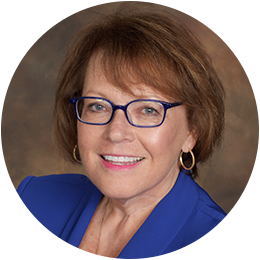
I don’t know about you, but for me, at this time of the year, I’m focused on what I want to accomplish by the end of the year. I’m aware that more than half of the year has gone by, that there are a lot of activities coming up that will need a lot of my time (personal – Thanksgiving, Christmas, lots of birthdays in my family, etc.) as well as professional (attending NAMSS, the VerityStream National User Group Conference – Thrive19, prepping strategic goals, budgets, etc., for 2020). It is clearly a busy time of the year.
As we go into the home stretch of 2019, it is important to stay focused on the most important things that need to be accomplished – otherwise, it can be easy to become overwhelmed and nonproductive.
Is it clear about what matters most? If we are not certain about our priorities, we tend to expend our energy on unimportant tasks. Establishing realistic priorities focuses our energy and time for the kinds of projects that will move the needle for our organization.
From time to time, almost everyone makes too many commitments (a few years ago, I did some self-therapy and read the book by William Ury called The Power of a Positive No: Save The Deal Save The Relationship and Still Say No). I highly recommend this book – and it should be reread occasionally. It’s impossible to make progress on projects that matter when our calendars are stuffed with activities and tasks that really don’t in the long run.
Finally - are you trying to use strategies that don’t fit your work? Sometimes we see a coworker who appears to be very productive and try to follow their methods. This sometimes provides some help and other times slows us down. For example, when I’m on the phone with clients, I take notes on paper because it works better for me than taking notes electronically (I’m often away from my office in airports, etc. and having a little notebook to jot down notes is more efficient). That’s just me – I have colleagues who love various electronic methods. Find out what works well for you and don’t apologize.
I look forward to seeing many of you over the next few months – despite being a busy time of the year, it is my favorite. One of the reasons being that I get to see so many friends and colleagues that I’ve known over the years. See you soon!
